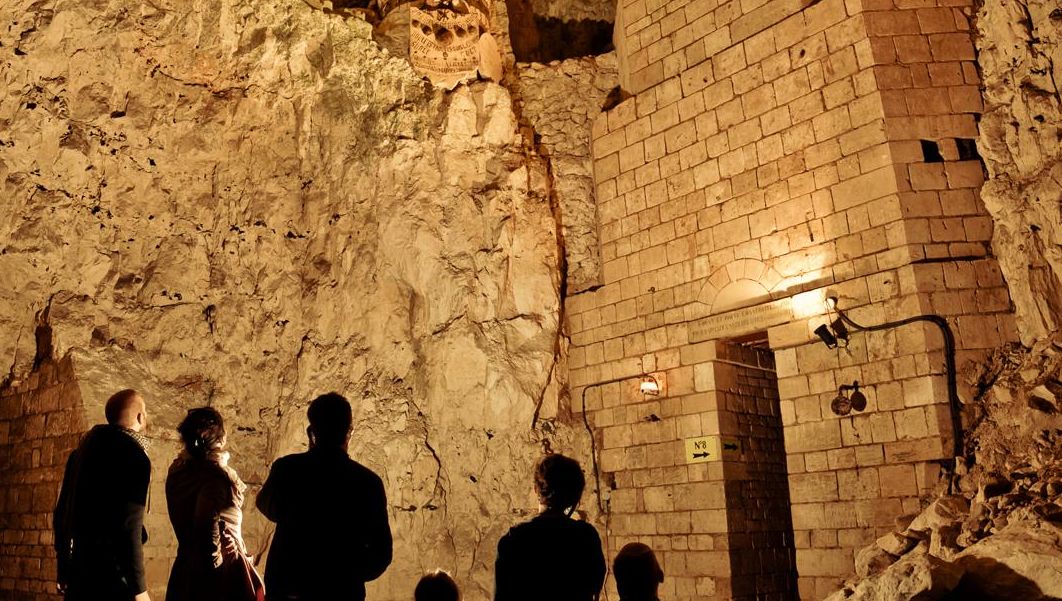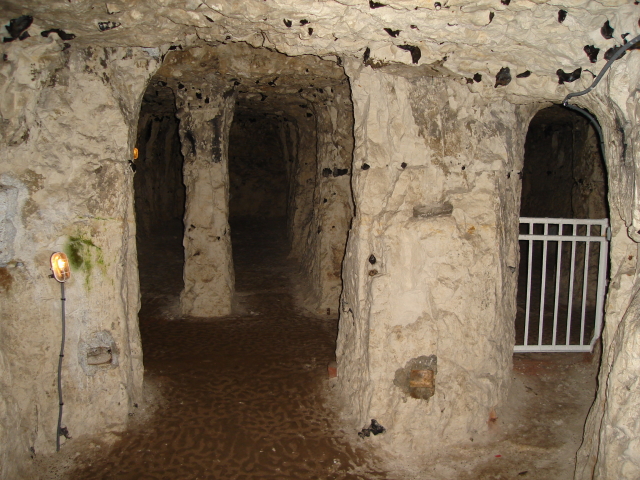Table of Contents
ToggleIntroduction
Nestled in the scenic Picardy region of northern France lies the remarkable underground city of Naours, known for its intricate network of chambers and tunnels that date back to the Middle Ages. Referred to as “Les Souterrains,” this expansive subterranean structure was originally designed to protect the local population from invasions and civil unrest, including the Norman conquests and various religious conflicts.

Historical Significance
The origins and complete design of Naours remain somewhat enigmatic, yet its primary function as a refuge during tumultuous times is well-documented. Spanning approximately three kilometers, the complex consists of a series of galleries and ventilation shafts that connect over 300 chambers, each serving distinct purposes. Among these are chapels, stables, and storage areas, reflecting the diverse uses of the underground city throughout its history.
A Haven During World War I
In addition to its medieval roots, Naours played a crucial role during World War I, transforming into a sanctuary for Allied soldiers. As they sought refuge from the horrors of battle, these soldiers left behind a rich tapestry of inscriptions and graffiti, chronicling their experiences and emotions. This unique blend of historical documentation provides invaluable insights into the lives of those who took shelter within its walls during one of history’s darkest periods.

Conclusion
The underground city of Naours stands as a testament to human ingenuity and resilience. Its historical significance extends beyond mere shelter, serving as a symbol of community strength during times of crisis. Today, Naours continues to intrigue visitors with its fascinating history and the stories etched into its walls, offering a glimpse into the past that shaped the region.

